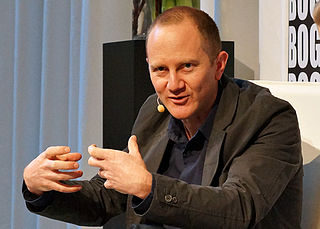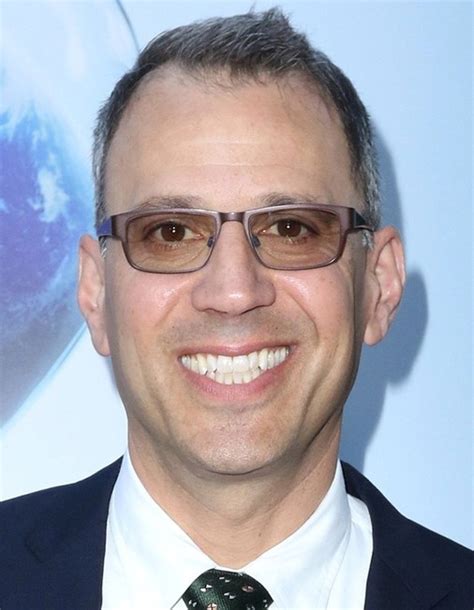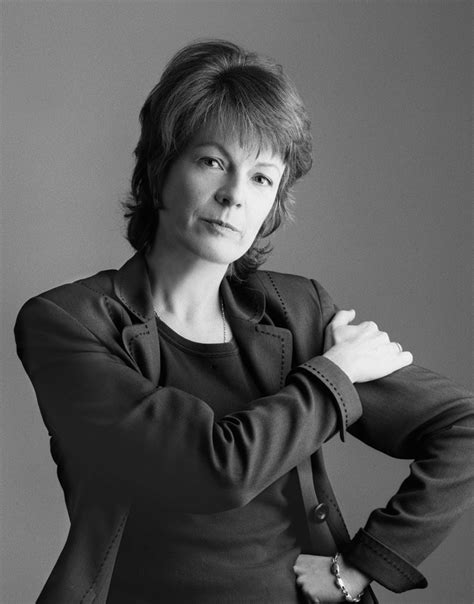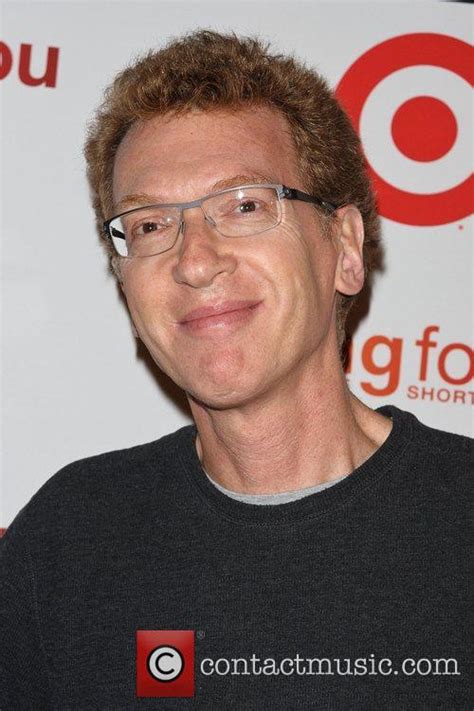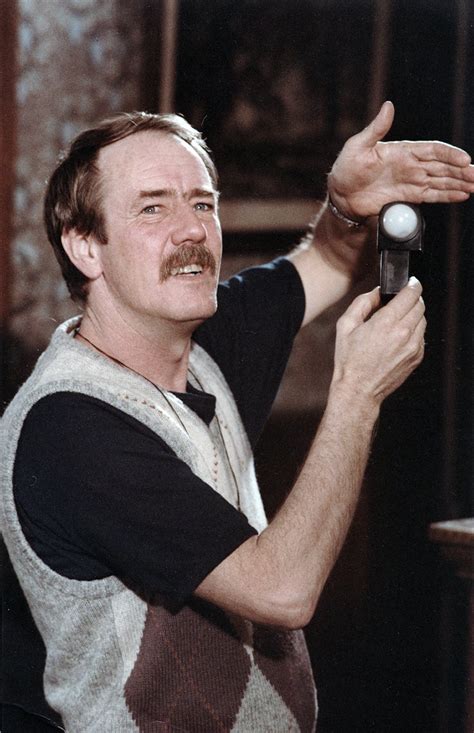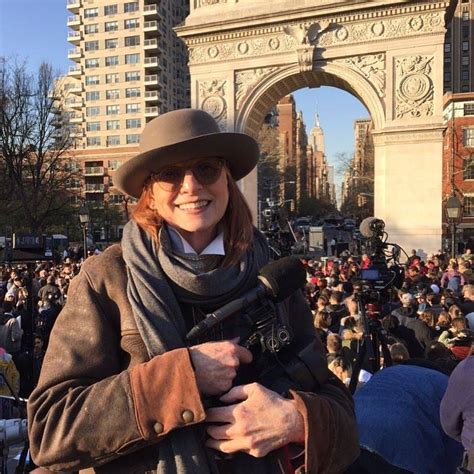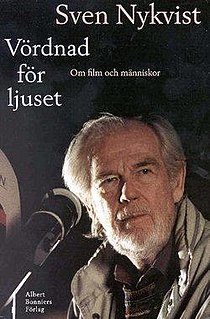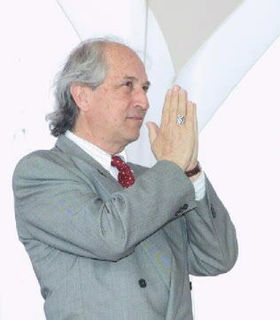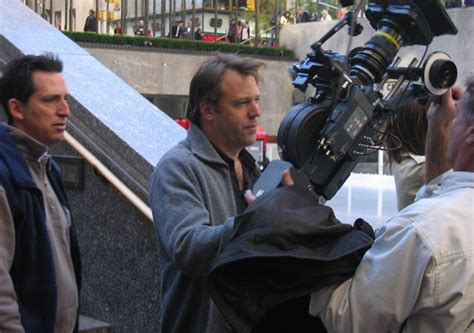A Quote by Janusz Kaminski
["War Horse"] does have action as well, but we allow the audience to appreciate the environment where these characters are from because the lens shapes the people, as we know.
Related Quotes
People, you know, had trouble with the character. Mindy is not immediately likeable. She does and says a lot of things that you don't see in, forget female characters, any characters. Like, she says things like, "I'm going to hell because I don't really care about the environment and I love to gossip."
You carry that through and adapt it to a camera lens, but you're quite right, you cannot be sure of what an audience is going to do. You don't know what's going to happen to the piece you're doing anyway. You don't know how it's going to be edited. There are a lot more unknowns in cinema. But that you have to readily accept. That's when, I think, you have to forget about intellect, to a degree. Intuition is very important when you're working with a lens, I believe, for what the lens is doing, too.
Once we know the plot and its surprises, we can appreciate a book's artistry without the usual confusion and sap flow of emotion, content to follow the action with tenderness and interest, all passion spent. Rather than surrender to the story or the characters - as a good first reader ought - we can now look at how the book works, and instead of swooning over it like a besotted lover begin to appreciate its intricacy and craftmanship. Surprisingly, such dissection doesn't murder the experience. Just the opposite: Only then does a work of art fully live.
You are merely the lens in the beam. You can only receive, give, and possess the light as the lens does. If you seek yourself, you rob the lens of its transparency. You will know life and be acknowledged by it according to your degree of transparency - your capacity, that is, to vanish as an end and remain purely as a means.
The horse seems to wanna please the human and so many times if the human isn’t much of a leader well then the horse has gotta do it’s own thinking. The horse isn’t really designed very well to be the leader but just because the horse is responding to ya, I don’t really think of it as it succumbing to you. I think it’s more of the horse sort of joining you, being more of a partner.











